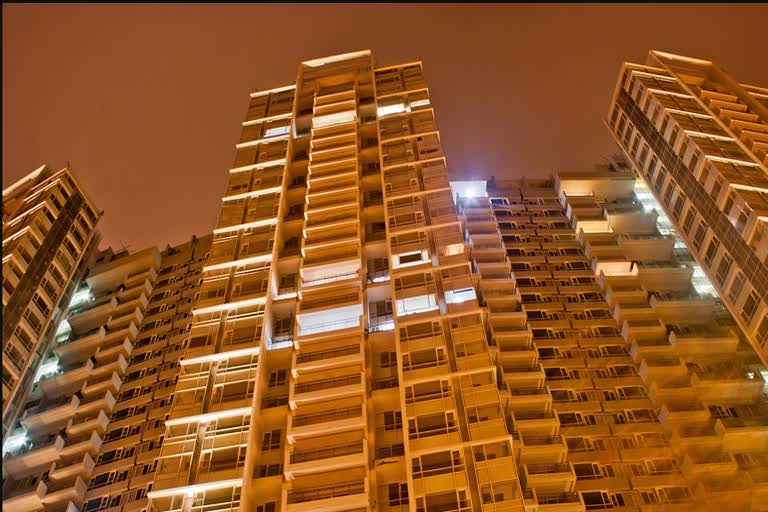New Delhi: The supply of luxury housing priced over Rs 1.5 crore that dipped sharply post demonetisation has improved and more than doubled to 16,100 units in the first half this year across seven cities, property consultant Anarock has said.
The demand for these luxury flats is now driven by end-users - high net worth individuals and non-resident Indians, it added.
The seven cities are - Delhi-NCR, Mumbai, Chennai, Kolkata, Bengaluru, Hyderabad and Pune.
"Along with the resale homes market, luxury housing took the hardest hit after demonetization. The Government's continued focus on affordable housing coupled with the surgical strike on high-value currency denominations in November 2016 took the sheen off luxury housing for two years in a row," Anarock Chairman Anuj Puri said in a report.
As a result, developers restricted new supply in the luxury category across the top seven cities.
While the affordable and mid-segment housing sectors continued to dominate the overall supply in H1 2019, luxury and ultra-luxury housing also saw a resurgence, Puri said.
As many as 16,100 new units have been launched in the luxury segment priced more than Rs 1.5 crore across the top seven cities massively up from 5,240 units in H1 2017.
Read More: Unlocking entrepreneurial energy for growth: Shaktikanta Das
In H1 2018, supply in this segment stood at 7,350 units across these seven cities.
As per the data, the Mumbai Metropolitan Region (MMR) and Delhi-NCR dominated the new luxury supply in H1 2019, accounting for a 59 per cent share.
Bengaluru and Hyderabad witnessed the launch of 2,210 and 2,070 units, respectively.
The consultant said that the budget range of Rs 1.5-2.5 crore saw the maximum launches with 9,940 units. The remaining 6,610 units were launched in the higher price bracket of Rs 2.5 crore and upwards.
"In sharp contrast to the trend seen in previous years when it was primarily investors who drove demand in luxury housing, this segment is almost completely end-user driven today. HNIs from India and NRIs cashed in on the prolonged slowdown and the more or less stagnant prices and best-buy deals in their preferred cities," Puri said.
Unsold luxury housing stock declined to 86,430 units at the end of June quarter, the report said.



